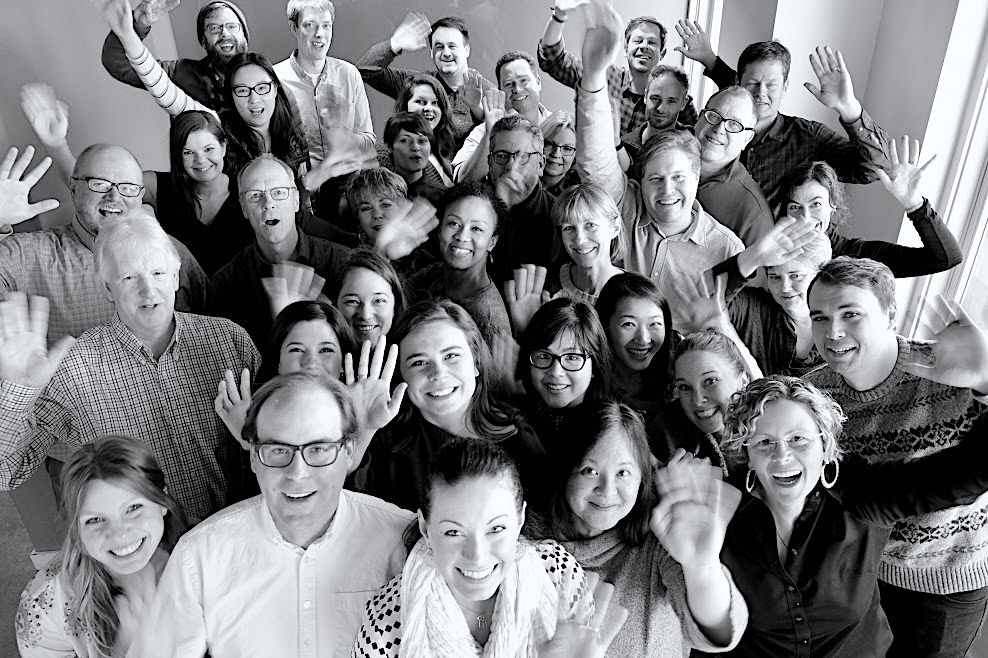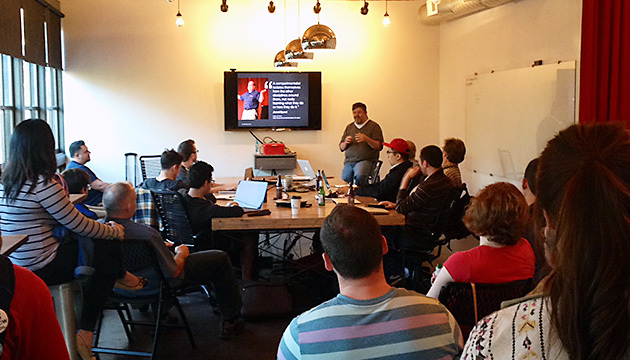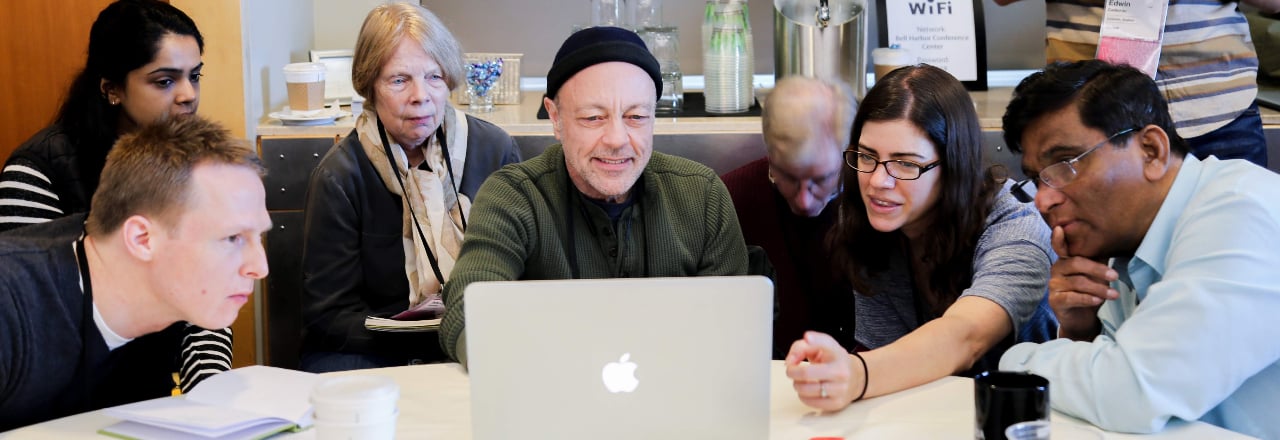
By
Amy L. Dickson
Everyone talks about the required hard skills it takes to succeed in the world of user experience. HTML5, a background in ethnographic research, and the ability to create prototypes—these are not trivial skills and are a must for any UX team. But nobody tells you the soft skills required to succeed on that same team. Until now.
Patrick Neeman, Director of Product Design at Apptio, an IT Spend Management platform for Fortune 500 companies, laid it all out on the line at a recent Refresh Seattle session, held in the lovely offices of Substantial.
Patrick was test driving his upcoming talk for UX Strategies Summit in San Francisco next month, so I promise not to steal all of his glory. He presented his top eight necessary “soft skills” required to be a top-notch UX professional. If you want to know all eight, go see him in San Francisco; I am going to highlight what I consider to be the top three.

Empathy
My grandfather used to tell me that if we were meant to speak more than listen, we would have two mouths and one ear. Listening informs empathy so that we can learn the “what” and the “why.” Only with empathy can we extended our passions to form relationships and walk in another person’s shoes. Only then can we optimize their experiences with true understanding.
Communication
“Design is a collaborative experience,” Neeman says. And he’s right. Being able to articulate your thoughts with a client as well as your team will ensure you are understood. This is everything from writing to speaking to presenting. A good UX pro is able to tell stories in the context of any audience. “We all come from different backgrounds,” he continued. “But we adjust our skillsets to fit the medium and tell great stories.”
Pragmatism
Neeman presented the image of MacGyver as the ultimate pragmatist: Always using what is on hand to solve a problem. This is a fundamental skill. Problem solving is at the core, but learning to use the best available tools, to try new approaches and exhaust your resources, will make you vital to your team. Don’t know the answer? Reach out, learn a new skill, find a great resource—you’ll only make yourself a better, more-rounded person and an essential link in your team’s chain.
All of the soft skills mentioned by Patrick form the core of how we do business here at Blink UX. We improve people’s lives around the world everyday by making technology more human. It comes as no surprise that many of the soft skills needed are the fundamentals of our values-driven methods: We possess great empathy. We are creative, passionate, collaborative, authentic, and always act with integrity. Our clients trust us, and we trust each other.
So how do you learn these soft skills? Practice helps. Mentors, too. Get yourself an internship, walk through a studio, shadow a colleague at their agency for a day, follow your heroes on Twitter. Read, read, and then read some more. And never, ever stop asking questions.
Amy L. Dickson heads the marketing efforts at Blink UX. She has red hair, a degree in creative writing, and a deep love of the Oxford comma.
